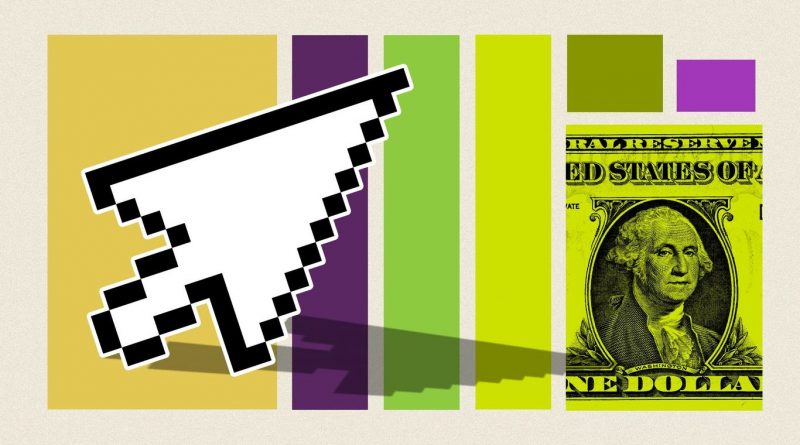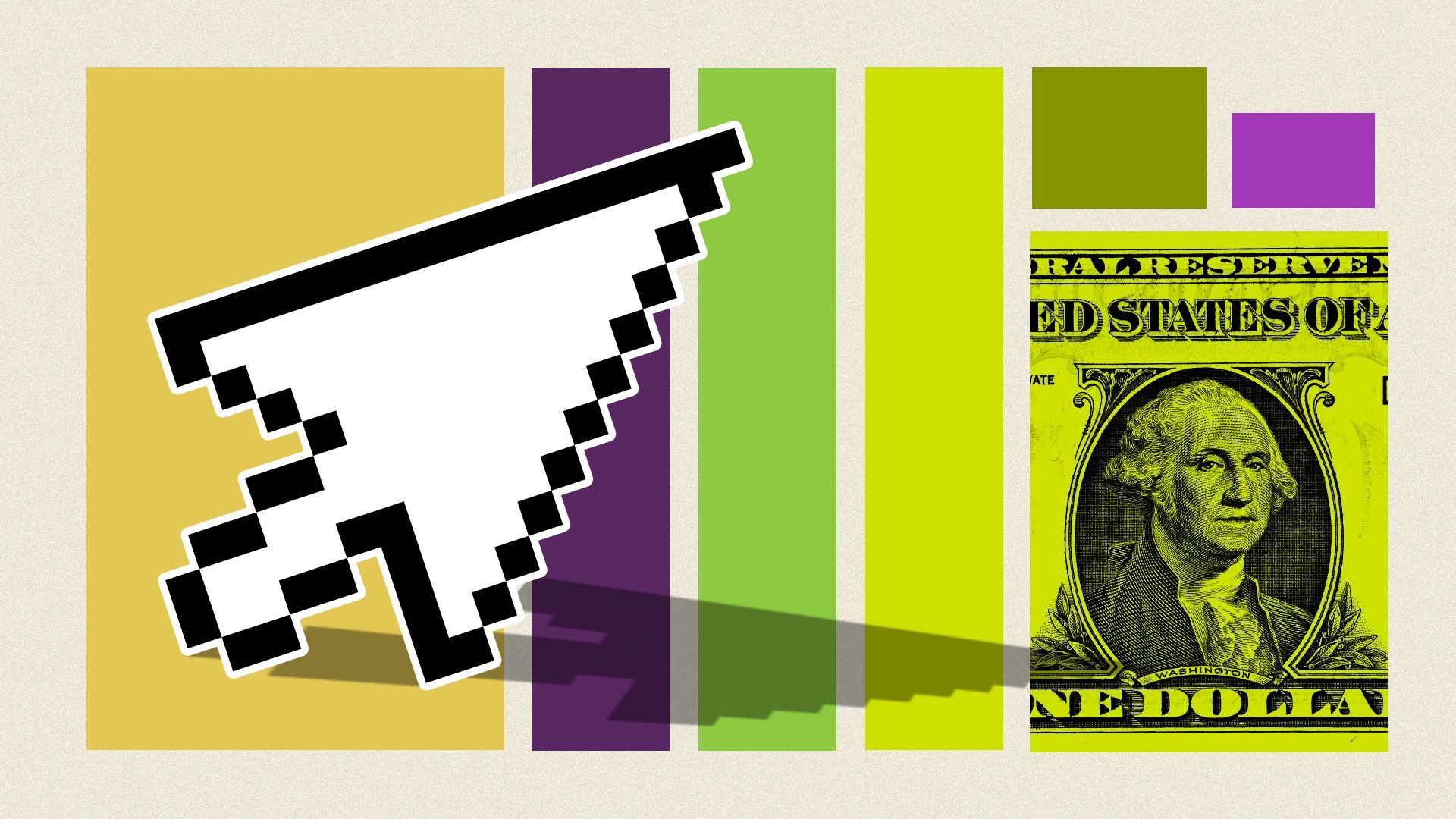Check in with Open AI's Greg Brockman
Illustration: Shoshana Gordon/Axios
Open AI supercharged its ChatGPT tool earlier this week with the release of an internet browser plugin (along with a slew of others).
Why it matters: The plugin lets ChatGPT connect to the internet — and all the information on it.
Between the lines: A big limitation of the software has been the finite set of data it's been trained on; this causes it to omit events past 2021, for example.
Meanwhile: During South by Southwest earlier this month, I caught up with Open AI president and co-founder Greg Brockman. Some lightly edited excerpts from our chat:
How do you assess success for both the nonprofit and for-profit arm?
[T]here's really one thing that we care about, which is mission success … the mission is to ensure that artificial general intelligence benefits all of humanity. … Because we're talking about a technology that has not been invented yet that does not exist and talking about an impact that it may or may not have.
But I think that that we've gone from a world where it felt like you're just gonna have to do technology development without any contact with reality and then deploy and hope that you got the safety stuff … to this much more continuous, smooth path where you really include everyone, right?
And we're seeing this now with all these businesses that are integrating, and there's a lot of small choices that we make. … For example, last year, we did like a 70% price cut. This year, we did like basically 10 X price cut. And we do these because we really want this technology to be available as widely as possible, and we think that's beneficial to the mission. And part of it is that we need feedback … . And so I think that it's like this, this sort of mission really does pervade all of the pieces of what we do on the business side, especially like the B2B side.
So we’ve seen a lot of backlash to so-called “woke AI” — what do you make of that?
I think we were too slow to respond to these criticisms. … That our goal, like the system we built did not reflect our goals. Our goal was really to have an AI that isn't really on anyone's side. … It's really neutral, kind of treats all the mainstream sides equally.
But we secondly think that … the way that it should work in the long run is that there should be broad bounds that AI will never cross, and those are sort of decided by society and some, you know, democratically legitimate way. … And then within that people should be able to customize if you do want an AI that reflects you, your values, your goals, whatever it is like that should be within your power, that should be something you can do.
And if people use ChatGPT … and they just don't see themselves reflected in it. I see why people get upset. … I think that, that we all deserve to be part of the AI future. And if you feel like you're being left behind, you won't, your voice won't be there.
What do you make of the rush to compete from the big tech companies? Do you think that's a good thing just for tech development in general?
[T]he thing that is important in our mind is that a race to the top on safety is wonderful, and I think that that is likely to be a net effect. I think that, you know, races in general … can come with … sort of externalities that are not positive, and so that's something to watch out for.
But I think that this technology really can add a lot of value and I think that really matching it to use cases, figuring out how to, you know, there's a lot of even just user interface challenges to work on in terms of making sure people don't overly rely on outputs in… high stakes situations. And there's a bunch of these things that we do need people to really explore.
[T]he most important thing that I hope will come out of, you know, this next wave of innovation and building these systems is just a better understanding from everyone about what they want.
What do you want out of AI like, what should the AI — whether it's say, what shouldn't be allowed, you know, just like, what should the rules of the road be? And how do we make sure that this is something that will ultimately benefit everyone?
Source: Read Full Article




